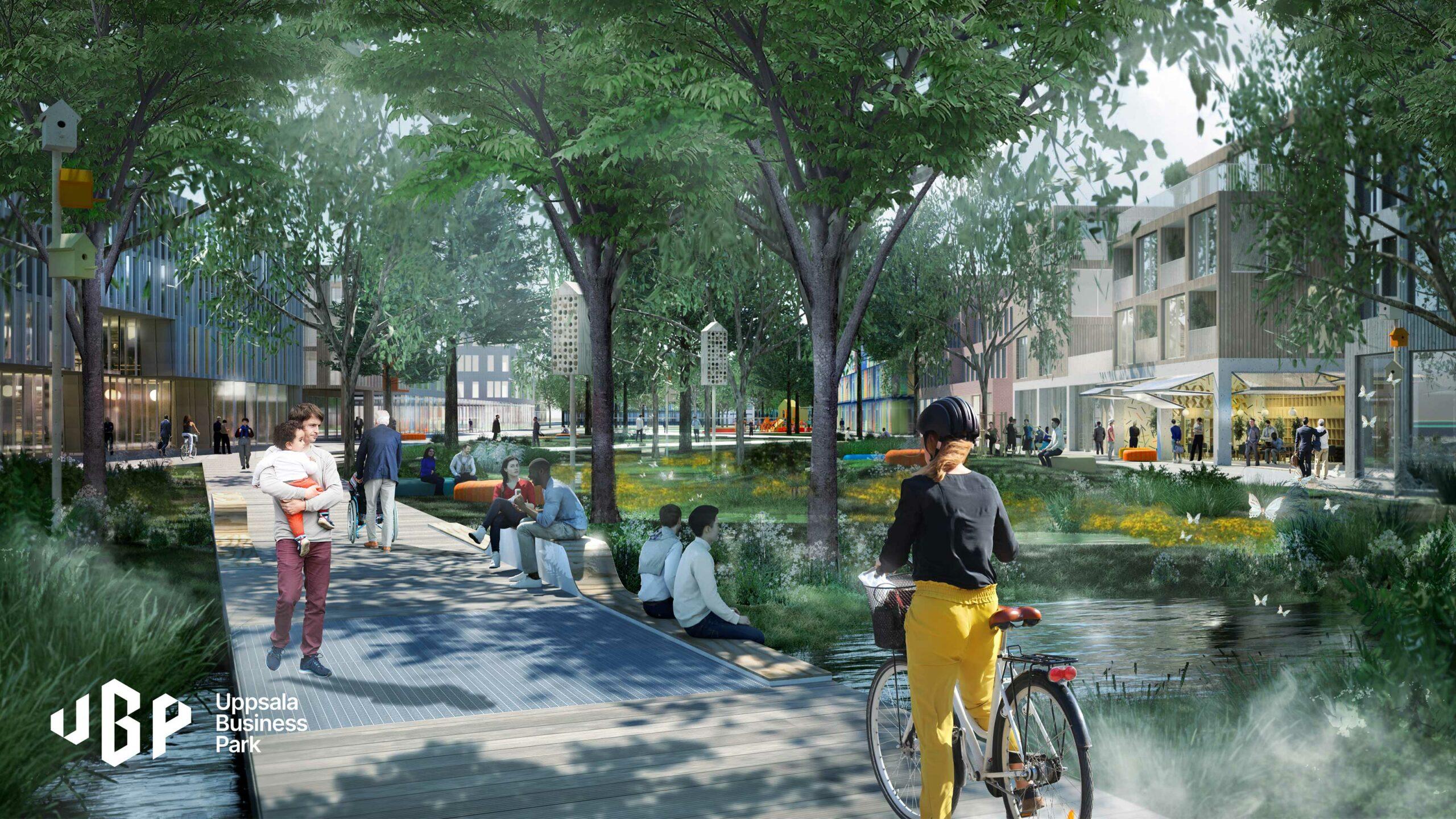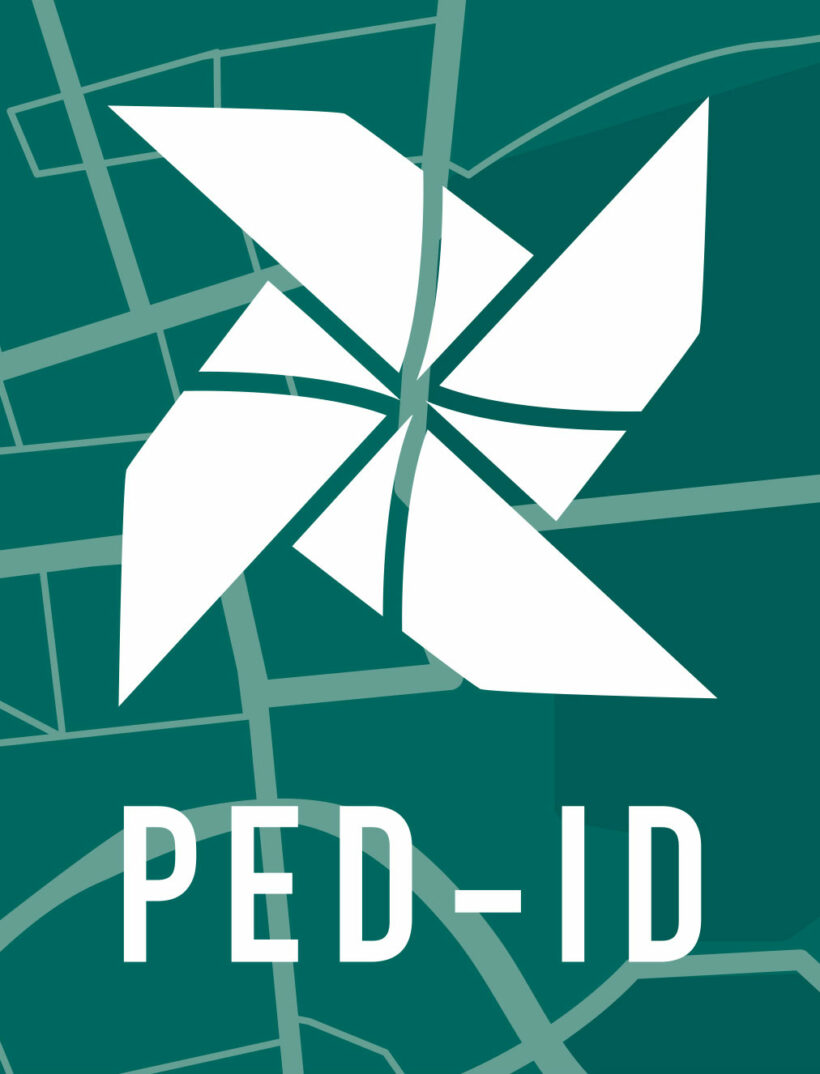Our work on Energy Positive Districts provides us with valuable experience that contributes to the realisation of our clients’ goals of carbon negative urban development. The goal of the project PED-ID is to accelerate the transformation of the energy system in Europe to a more efficient and renewable system. This goal will be achieved through the increased implementation of Positive Energy Districts (PED).
Stakeholder involvement is by far the most important element for a successful implementation of PEDs. It is crucial to address important stakeholders besides representatives of municipalities with PED requirements in early area development phase. PED-ID will develop an innovative knowledge-based stakeholder process for PED areas and assessment methods to use information for the stakeholder process, by which decision-makers are provided at an early stage with improved information about how best to achieve Positive Energy District status, the options, and the impacts.
Data will be collected and calculated using an existing methodology adapted for appropriate stakeholders, who may then actively apply this data-driven participation process, consolidate their opinions and make data-based decisions.
This process will be tried and tested in three real EU Living Labs, all potential PED initiatives, with focus on the participation process and the identification of necessary data. By applying this process, the objective is to accelerate the rate of achieving Positive Energy District status and to accomplish the goal of 100 PED sites in Europe by 2025.
Related news
Learn more about the PED-ID project and the results.
PED to pave the way for positive energy districts (in Swedish).


